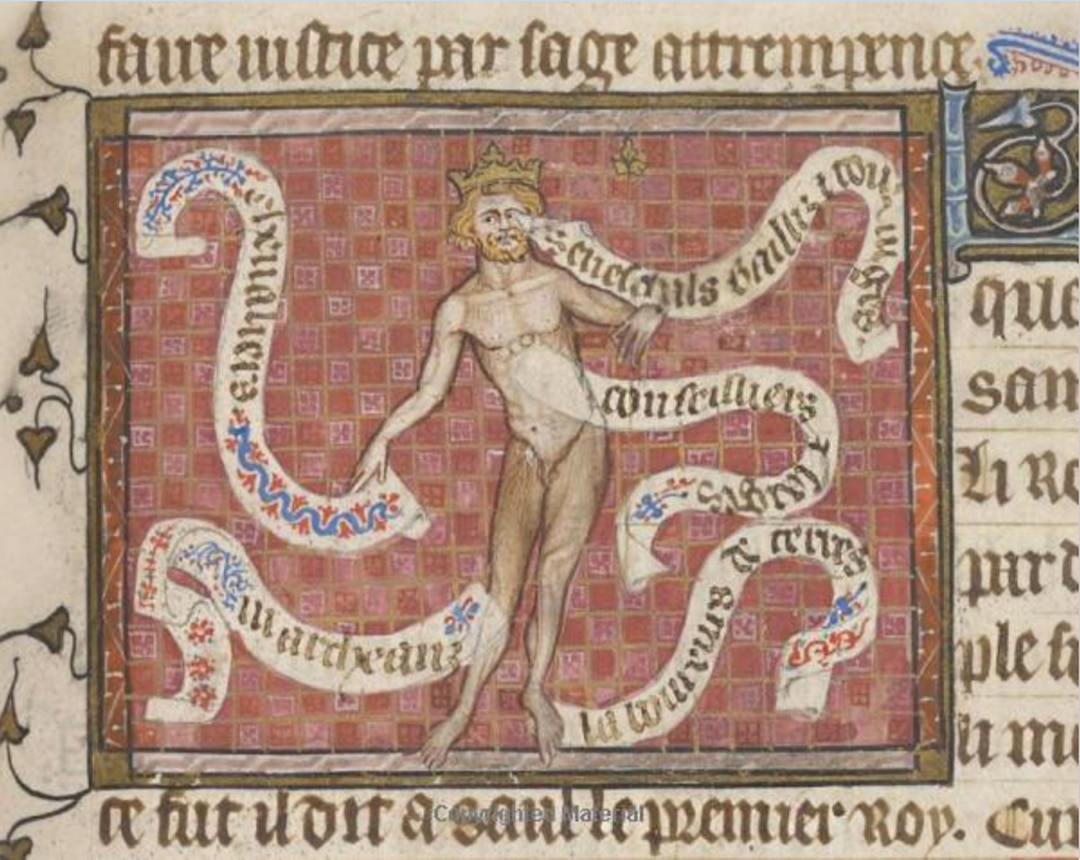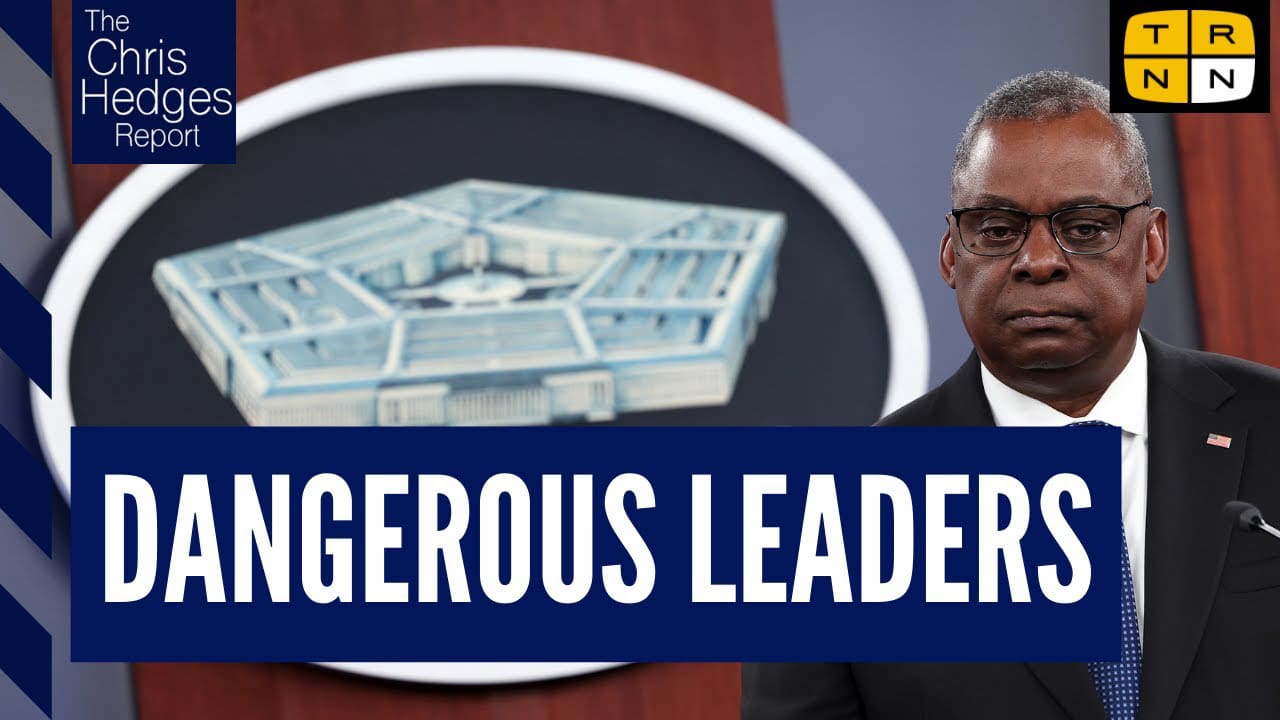

The Folly of Politics Without Communion
by A Forest Rebel ☩ | Jul 4, 2024
Lately I’ve been thinking about what it means to share a “common good” and what it means to be a nation, a polity, and a democracy. I have made a couple of Substack notes about it, but I’ve been reading a lot of Jacques Maritain lately. I started reading him mostly because I’ve heard a lot about him, both good and bad, and wanted to see for myself what he was all about. I am exploring what it means to be a Catholic in the 21st century, specifically when it involves asking questions about how Christians are to relate to the secular government, their communities, and their fellow citizens. Jacques Maritain, as it happens, speaks to these exact questions. Specifically, he gets into what it means to strive towards a Christian civilization in an age of democracy and temporal autonomy (as opposed to the “sacral age” when the Church and State were intimately bound up with one another).
Maritain is a democrat, inasmuch as he wholeheartedly supports democratic government and democratic philosophy. Therefore, he often speaks about what qualities a democracy must possess in order to be healthy. However, he also speaks about broader questions like what terms like “Nation” and “body politic” and “State” mean.
For our purposes, we will be examining what it means to be a body politic. What does it mean to be a political community? More importantly, does a proper body politic exist in America today? My contention is that we are far from being a political community as things presently stand.
In Man and the State (1951), Jacques Maritain writes:
Justice is a primary condition for the existence of the body politic, but Friendship is its very life-giving form. It tends towards a really human and freely achieved communion. It lives on the devotion of the human persons and their gift of themselves. They are ready to commit their own existence, their possessions and their honor for its sake. The civic sense is made up of this sense of devotion and mutual love as well as the sense of justice and law (pg. 10).
He goes on to say that “Nothing matters more, in the order of material causality, to the life and preservation of the body politic than the accumulated energy and historical continuity of that national community it has itself caused to exist. This means chiefly a heritage of accepted and unquestionable structures, fixed customs and deep-rooted common feelings… (pgs. 10-11).
Here we see that for a body politic to exist or be anywhere near healthy, it must share things in common. It must exist as a community, or as a group that shares things in common and is committed to what is common. It must be motivated by an actual will among the people to live and work together and to live for the whole in some way. I am especially struck by the bolded portion of the quote from page 10, that for a civic sense and body politic to exist, there must be a sense of devotion and mutual love among the people both for one another and for the whole, and then a sense of enduring justice and law, which are manifest by institutions which the people recognize and value, as well as by “fixed customs and deep-rooted common feelings.”
Later in the book, Maritain discusses in a chapter entitled “Democratic Charter” what is foundational to a proper democracy. The first section of this chapter is “The Democratic Secular Faith” and in this section, Maritain outlines “the basic tenets which are at the core of [a democracy’s] very existence” (pg. 109).
A genuine democracy implies a fundamental agreement between minds and wills on the bases of life in common; it is aware of itself and of its principles, and it must be capable of defending and promoting its own conception of social and political life; it must bear within itself a common human creed, the creed of freedom” (pg. 109).
In a democracy, Maritain says, it is necessary that the people have a common secular faith, or a shared sense of civic responsibility and a set of core values which all people agree on. In a democracy, people of all metaphysical backgrounds and religious faiths could ascribe to these basic values and principles. He identifies this secular faith as reverence for “truth and intelligence, human dignity, freedom, brotherly love, and the absolute value of moral good” (pg. 111).
Martain is quick to point out that a shared Christian faith or an awareness of the inspiration that the body politic owes to that faith could only bolster the secular faith. In his opinion, a people with Christian convictions would be better able to adhere to the secular faith, and “as a matter of fact, the justification of the democratic charter offered by a Christian philosophy would be recognized as the truest one” in his Christianly inspired democracy (pg. 114).
This democratic charter cannot preserve itself, though. It must be taught, constantly reinforced, and properly understood. “It would be sheer illusion to think that the democratic charter could be efficiently taught if it were separated from the [Christian] roots that give it consistence and vigor in the minds of each one, and if it were reduced to a mere series of abstract formulas—bookish, bloodless, and cut off from life” (pg. 121).
Now that we have considered what it means to be a body politic and the shared civic faith which is required for a democracy to be sustained, let me pose the question: are we a body politic, and have we lost our shared civic faith?
It is common knowledge at this point that our politics are suffering from very high degrees of polarization. Now, some may point out that political turmoil and polarization is nothing new. I agree with that. What I believe is unique and new about our present moment is that we have lost our shared civic faith and our existence as a body politic is dubious at best. We may have a Nation, but is it one, under God, and indivisible? We may have a government, but do we have a true political community as understood by Aristotle, Aquinas, and others?
We often hear about the importance of the “common good” in Catholic and Aristotelian thought. Yet, the very term supposes things shared in common, and that there exists a single political community with shared goods. Now, certainly our country has shared goods, many of which are material. Food, water, clean air, trade, the military, and the like. We all suffer if our clean air suffers. But there are more “material” goods that we share or ought in theory to share: customs, symbols, institutions, heritage, and traditions.
There is also another component of the common good which is often forgotten. “The common good also includes the sociological integration of the civic conscience, political virtues and sense of law and freedom, of all the activity, material prosperity and spiritual riches, of unconsciously operating hereditary wisdom, of moral rectitude, justice, friendship, happiness, virtue and heroism in the individual lives of the members of the body politic…they all constitute the good human life of the multitude” (pg. 12).
But what happens when there is no common conception of virtue, of morals, of justice; when there is no agreement on what freedom means or what the end of law ought to be; when the civic conscienceness is lost in no small part of the body politic?
What happens when a people no longer shares a common heritage, common symbols, common customs, and even common institutions? What happens when truth itself is no longer a value, or when even the human person and his dignity is not agreed upon in even a basic sense?
What happens when there is no longer a “fundamental agreement between minds and wills on the bases of life in common?”
The answer is that the body politic fragments and even dissolves entirely. There may still exist a Nation or a shell of one, and there may still exist a State, but neither serve nor represent a single political community. In fact, they tend to be understood as only representing one part of the body politic, severed from the rest. This leads to some members of the Nation feeling as if the Nation is no longer worth loving, honoring, preserving, or celebrating. It leads to the State working not for the common good (since it is debatable as to whether one exists at all), but for the good of only a few (this is also called tyranny).
When a people no longer shares even a secular, civic faith in common, it is difficult to speak of a common good or a political community. When one part of the population despises the other on moral grounds and wishes to dominate it, democracy opens a wide door to tyranny and authoritarianism.
It would be laughable to speak of a “brotherly love” and sense of fraternity existing in our country today. It would be foolish to imagine that one half of the population is devoted to the other’s wellbeing. Any sense of mutual love among the people has disappeared and only imagined as something existing in the past.
Not only do we not share a common religious faith, we also are not in agreement about the very bases of common political life. If we are unaware of our shared life, if we do not share a common history or heritage, if we do not hold principles in common, if we are not committed to defending a common conception of politics, if we do not even have a shared conception of justice and do not believe in such a thing as “virtue” whether personal or civic, then we are not a body politic and no common good exists among us.
When there is little to nothing in common, when there is no shared faith, when there is no basic agreement on what is important to live the good life, there is no communio, no friendship or mutual love or fellowship among the people.
Understanding this better allows us as Christians to understand the challenge before us. Our goals shift. Rather than imagine that we can work towards a “common good” in our democratic society, we have to commit to an even more basic task: we must establish commonality and community anew, or reignite it where it has been extinguished.
If Maritain is right that truth, intelligence, freedom, virtue, justice, and human dignity are fundamental to the shared democratic faith, then the task of Catholics becomes very basic: we have to convince people that truth is important before we begin to show them what is true. We have to convince people that human dignity is important before we can begin to show them why abortion, euthanasia, and gender ideology is wrong. We have to convince people that virtue, justice, and freedom (properly understood) are important and then explain what these things mean before we can begin to encourage them to vote, to get involved in politics, or to form opinions on policies and such.
But we also have to emphasize anew the importance of sharing things in common; things like common heritage, common history, common symbols, common traditions, and common principles. One of the failures of modern liberal democracy is that it believes a democracy—and really a political community in general—can be maintained without these things being shared in common. This can only lead to the disastrous situation we find ourselves in today. We must correct this error and re-establish the sharing of such things.
I would point out, then, that abandoning our Founding altogether is rather foolish. For hundreds of years this Nation valued and respected the founding. Some Christians may say that the secular faith was taken too far and brought a little too close to religious faith, and on this point I would have to agree. But it is clear that if we are to exist as a proper political community, we must begin to build some basis of co-existence. We must foster a shared identity, a shared history, and a shared set of political and moral principles.
The good news is that once upon a time, America really did share a common heritage, common traditions, common principles, and all the rest. That means that we do not have to start completely from scratch. We have men, women, places, movements, symbols, and moments to draw from and be inspired by and even to revere. I would warn Conservatives and others on the Right today not to throw out American history or American principles altogether simply because they have been corrupted or hijacked. It would be a huge blunder for the Right to abandon, say, the Founding. Unfortunately, I fear that this is the way many are moving, and they are actively ceding ground to the insane progressives in this regard. When you’ve got Conservatives waving around Russian flags and downright hoping for civil war, well, no wonder the progressives are so easily appropriating America’s symbolism and past for their own ends (which, I would say, are ultimately antithetical to the true heritage and identity of America as it used to be understood).
With that, I end this Fourth of July meditation. I am not quite satisfied with ending things here, but I am struggling to find ways to continue without writing a whole other essay. Ultimately I conclude two things: one, that we are no longer a political community and two, that our foremost task is to work towards the re-establishment of one, either by restoring that which once was, or by establishing and growing one that is wholly new and vital.
Have a great Independence Day. God Bless.





0 Comments